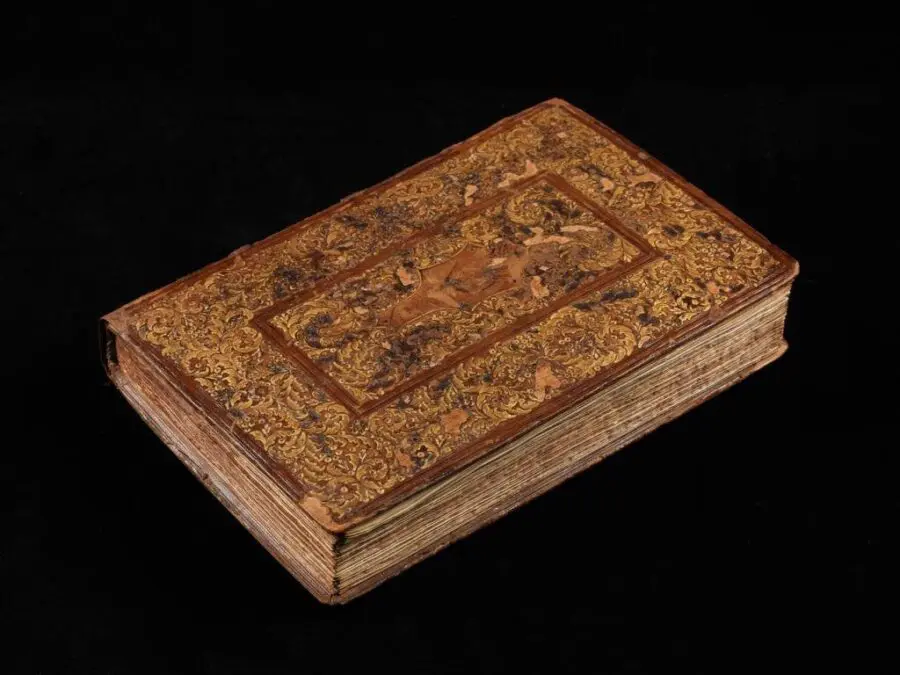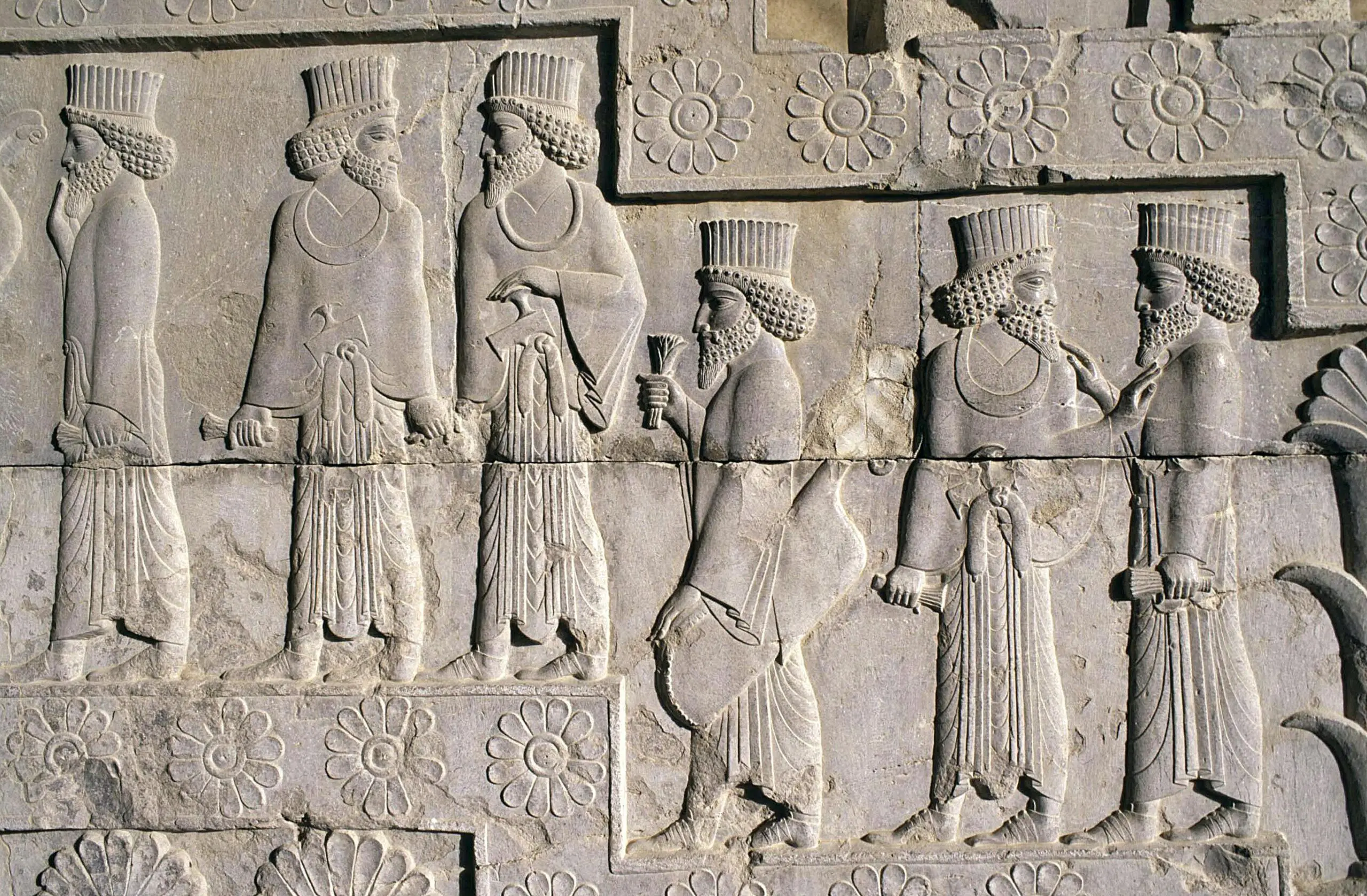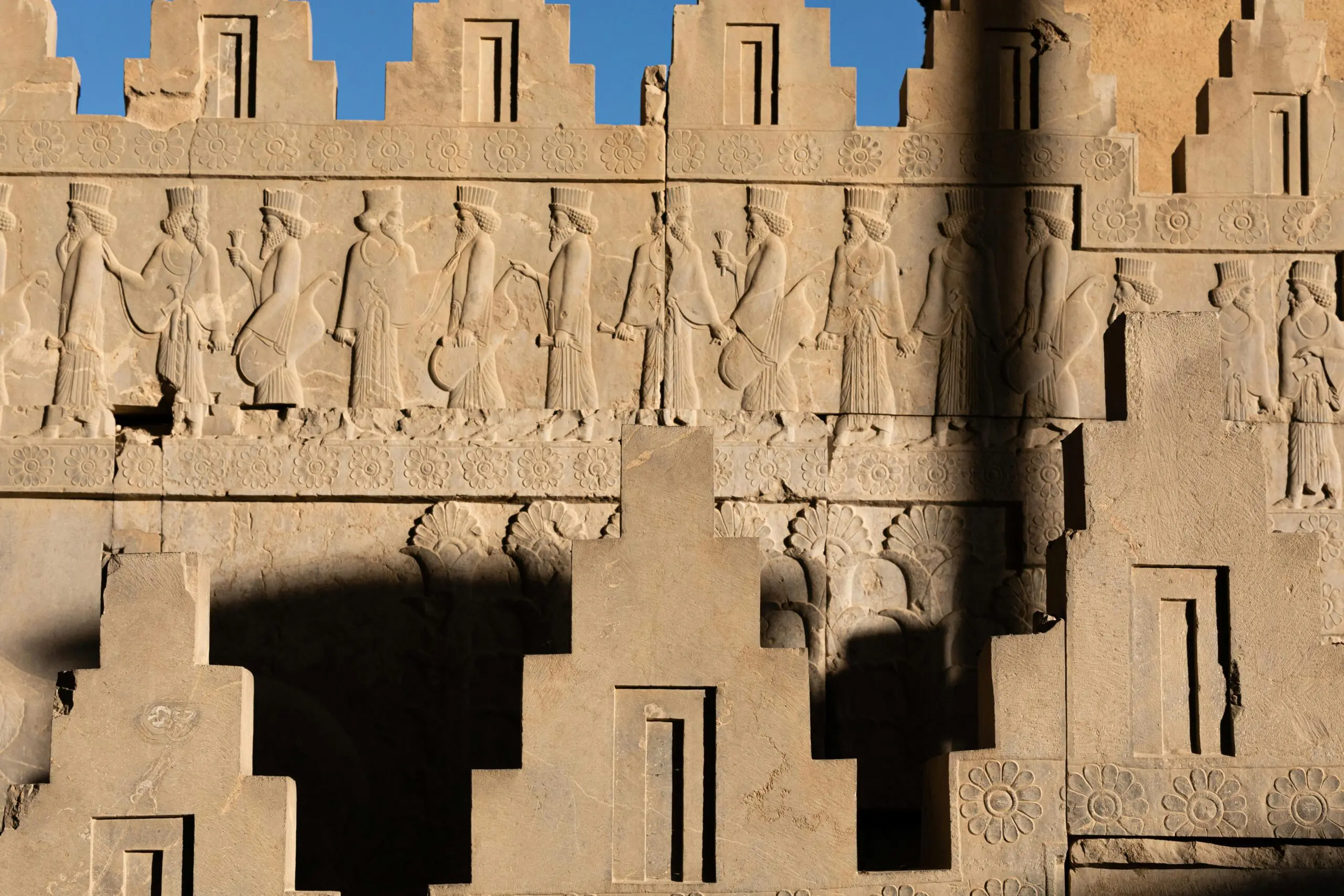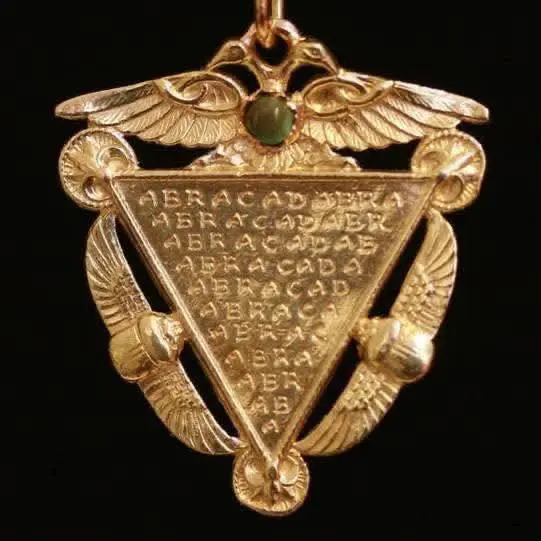Ankara University Philist social sciences graduate Barin Akman and her husband, Academician Beyazit Akman, discovered a stunning 5,000-line Renaissance poem of the Renaissance, written by an Italian poet in honor of Ottoman Sultan Mehmed the Conqueror.
The work, entitled “Amyris, de vita et gestis of the Turkish emperor, Mehmed” (“Amyris, de vita et gestis Mahometi Turcorum imperatoris”), was written by the poet and historian Gian Mario Filfolf in 1475.
The Akman couple spoke in an interview with the Anatolian Agency (AA) about the discovery and the characteristics of the work. The work has not been translated into Turkish or English in almost 550 years of its history and has not been the subject of academic research.
Beyazit Akman said he was working with his wife on the adoption of Turks and Islam in the West. “We were constantly trying to find new sources. In our research, we saw several references to this work and the author, but we had never seen the poem itself in the original,” he said.
Ackman said they had a facsimile copy of the work, reprinted in Italy in 1978, and stressed that they would try to obtain the original Latin manuscript, which is housed in a library in Geneva, Switzerland.
He explained that their first step would be to complete the translation of the poem.
“First we want to translate this work into Turkish and English and then analyze it,” he said.
“Until now, it had to be translated into many languages, not just Turkish, and had to be the subject of much research. Can you imagine, an Italian wrote a 5,000-line work about Sultan Mehmed in the 15th century and this work has not been translated in no language, “Ackman said.
“If this work had been written for a Christian emperor and not for a Muslim ruler, I am sure it would have been mentioned among classical epics such as Homer’s Iliad and Virgil’s Aeneid.”
Akman pointed out that the poem has as much historical significance as the famous portrait of the Venetian artist Gentile Bellini of Sultan Mehmed the Conqueror.
Phyllis Ackman, meanwhile, provided some clarity about the poem’s curious history.
After Sultan Mehmed conquered Istanbul, a relative of a Venetian merchant named Otman, Lilo Ferducci of Ancona, was among those imprisoned. Ferducci sent a letter to the sultan asking for his release, and later the sultan released him without demanding a ransom.
Influenced by the sultan’s gallant act, Ferducci added the name “Osman” to his name as a token of gratitude, as “Osman” is the name of Sultan Mehmed’s ancestor and the founder of the Ottoman Empire. He also commissioned his friend, the Renaissance poet Gian Mario Filfolf, born in Pera in 1426, to write an epic poem about Sultan Mehmed, describing his achievements and conquests.
“He intended to thank the sultan in this unusual way,” she said.






